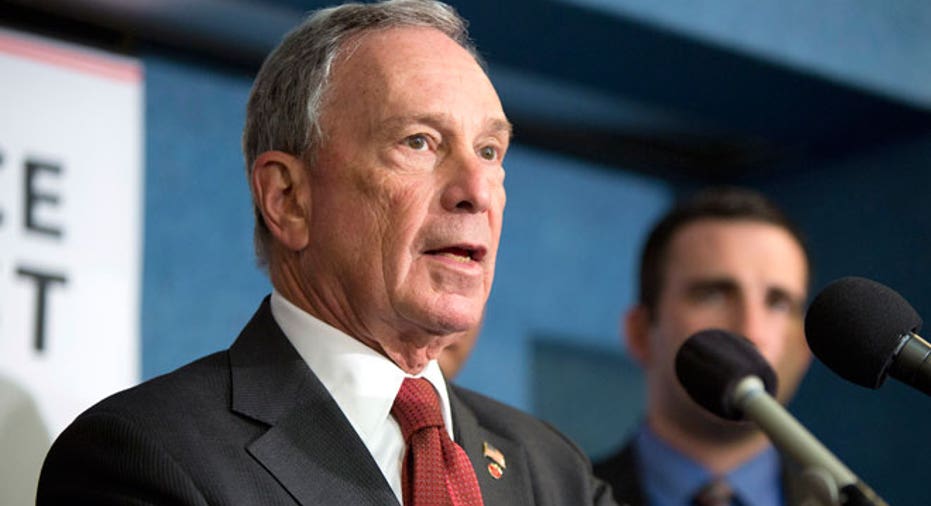NYC Businesses Sound Off on Bloomberg’s Sugar Ban

Tonic Bar in Times Square just received a shipment of 20 oz. cups from Pepsi for its bar and restaurant. But manager Randolph Hernandez said, thanks to Mayor Bloomberg’s sugar-ban initiative, the cups are going to be on their way back to the beverage giant soon.
“We will send them back and ask Pepsi to send us cups that are the proper size,” Hernandez said.
Last week, Bloomberg’s controversial ban on the sale of sugary soft drinks larger than 16 oz. in all New York City restaurants, stadiums, arenas and movie theaters was backed by a city health panel in a 9-0 vote. These businesses have six months to comply with the new regulations, or face $200 fines for each violation, according to the Department of Health.
Hernandez said that during the day, about 85% of the beverages sold at Tonic are soft drinks. At night, this switches to about 50%. The ban will push the business to likely lower its cost for soft drinks from $3 for 20 oz. to $2 for 16 oz., he said.
“It’s not a real profit center for us,” he said.
The law itself may have received a ton of negative backlash; however, Hernandez said it’s not a bad idea for the short-term.
“Unfortunately, it’s the only way people will become conscious about [the issue],” he said.
Others aren’t on board with Hernandez. Filippo Rapa, manager of the World Famous Little Italy Pizzeria in Midtown, said that while the ban won’t impact his particular business, he is against the move.
“I think there are more important things to worry about than what people eat and drink and how much of it,” he said.
While the pizzeria has already started to comply with the regulation, he said he has no doubt that those who want more soda will just buy two 16 oz. drinks.
The Café Manhattan in Midtown started to comply with the regulation before it was even approved, according to manager Julio Andrade. However, he doesn’t think the ban is good for the business environment in the city.
“I think it’s very bad for business, and a lot of businesses are going to be hurt,” Andrade said. “I am 100% positive that people will just buy two drinks now.”
Two months ago, the café went from selling 32 oz. drinks to only 16 oz. and under.
Rizan Wahid, manager of the TSQ Brassiere, said the largest size drink the restaurant has is only 16 oz., so the business is currently in compliance with Bloomberg’s initiative. However, he believes other businesses will lose money due to the ban. But, in the end it may not be a bad thing.
“For health reasons though, it’s good, because so many kids are overweight,” Wahid said.



















